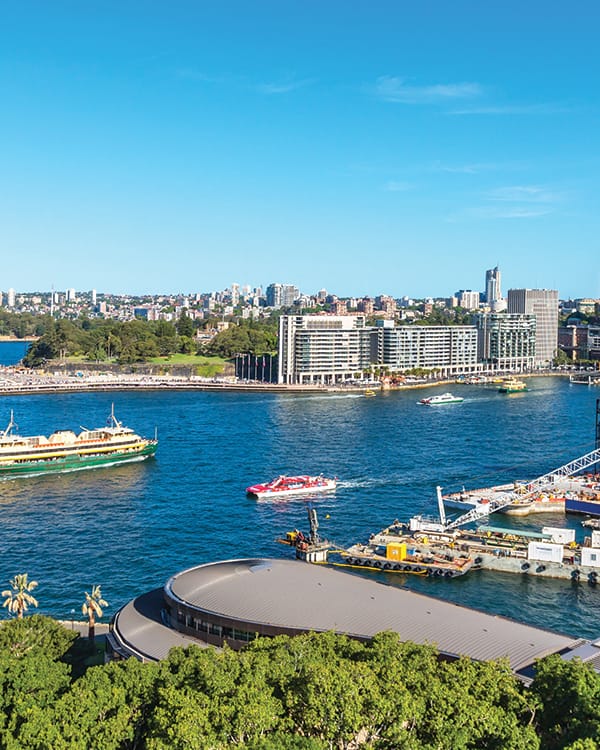
Engaging communities
Empowered citizens
To enable the transition to water sensitive cities, citizens should be treated as partners in decision-making, and their meaningful involvement and empowerment should be actively pursued.
We know this is important because…
... a key challenge to urban water reform is the disconnection between the community and its water systems.
To assist you, we have:
- provided advice and guidance on how to successfully engage the community with its water systems to allow citizens to make informed decisions; and
- developed advice on how to engage and influence the community in water decision-making, including suggestions for what processes and terminology should be used to align these efforts with an understanding of how people make decisions.
Examples of where we have provided advice for community engagement include:
- Towards a water sensitive Elwood: a community vision and pathway for transition
- Shaping Perth as a water sensitive city: outcomes and perspectives from a participatory process to develop a vision and strategic transition framework
- Tips for virtual engagement: advice and guidance on good engagement processes and how they can be translated to virtual engagements
Knowledgeable citizens
To enable the transition to water sensitive cities, citizens should be very knowledgeable about the water cycle and how the different components of the system work together. They should be proud of their neighbourhood and water’s role in the landscape, and welcome opportunities to participate in managing and protecting them.
We know this is important because…
… a key challenge for urban water reform is the disconnection between the community’s water literacy, values, and behaviours on the one hand, and the water systems supporting citizens on the other.
To assist you, we have:
- sought to identify community norms and expectations in relation to water-use practices, with the aim to develop potential behavioural pathways that could reduce “water footprints”; and
- enhanced our understanding of how communities currently understand water issues and make water-related decisions.
Examples of where we have provided advice regarding citizen and community knowledge include:
- describing community knowledge about water, who has better water-related knowledge, and its importance for water managers; and
- how to change behaviours to promote more water conservation or water quality protection in households.
